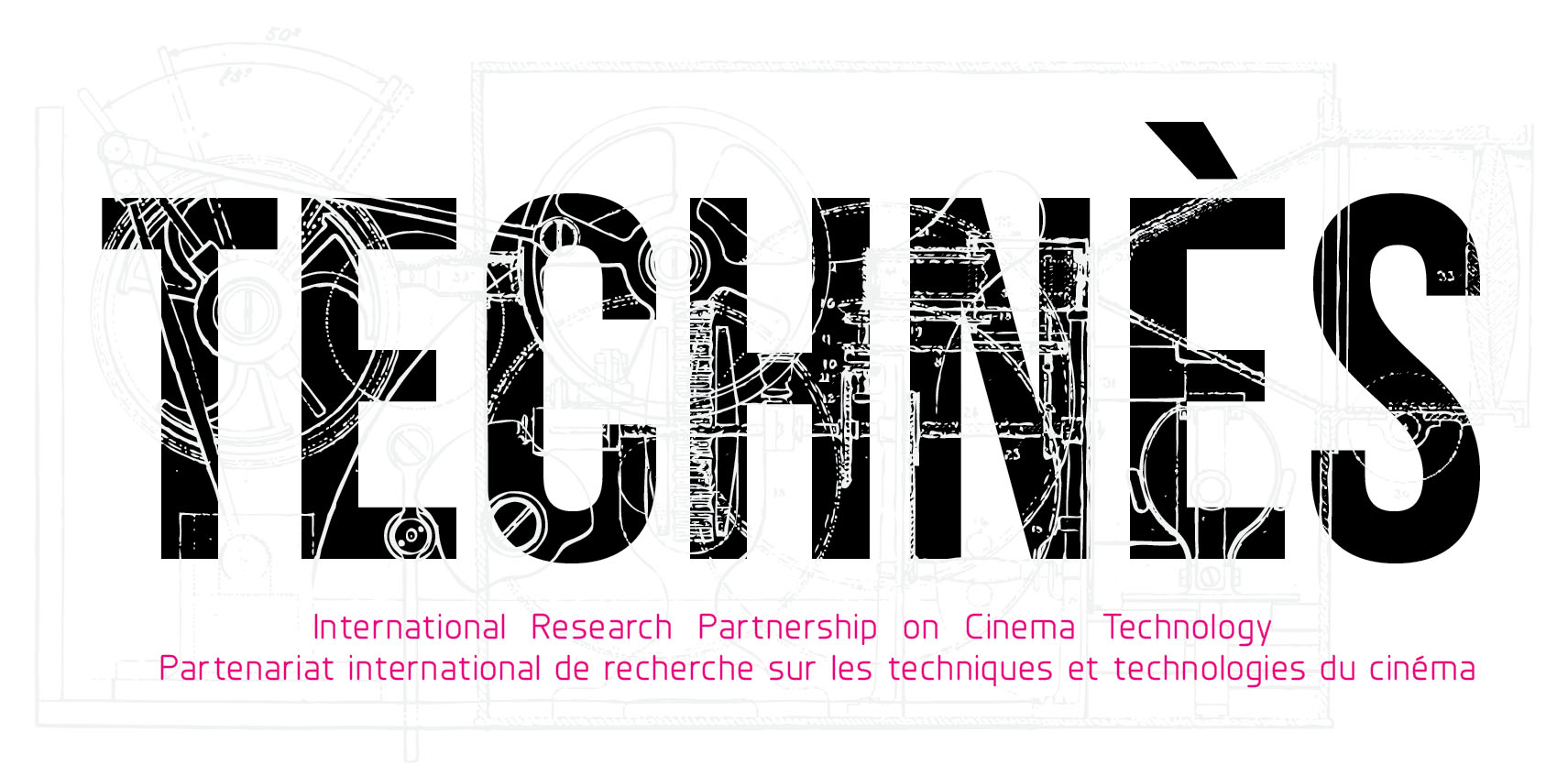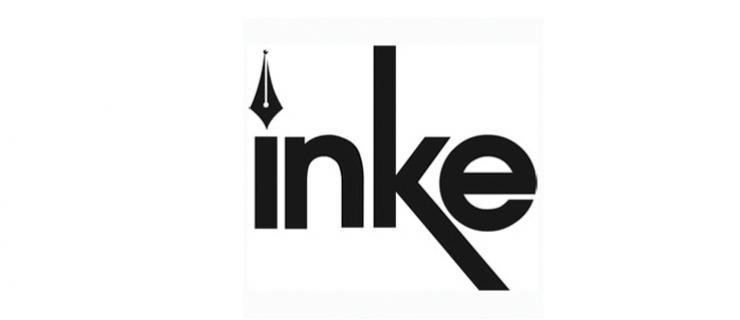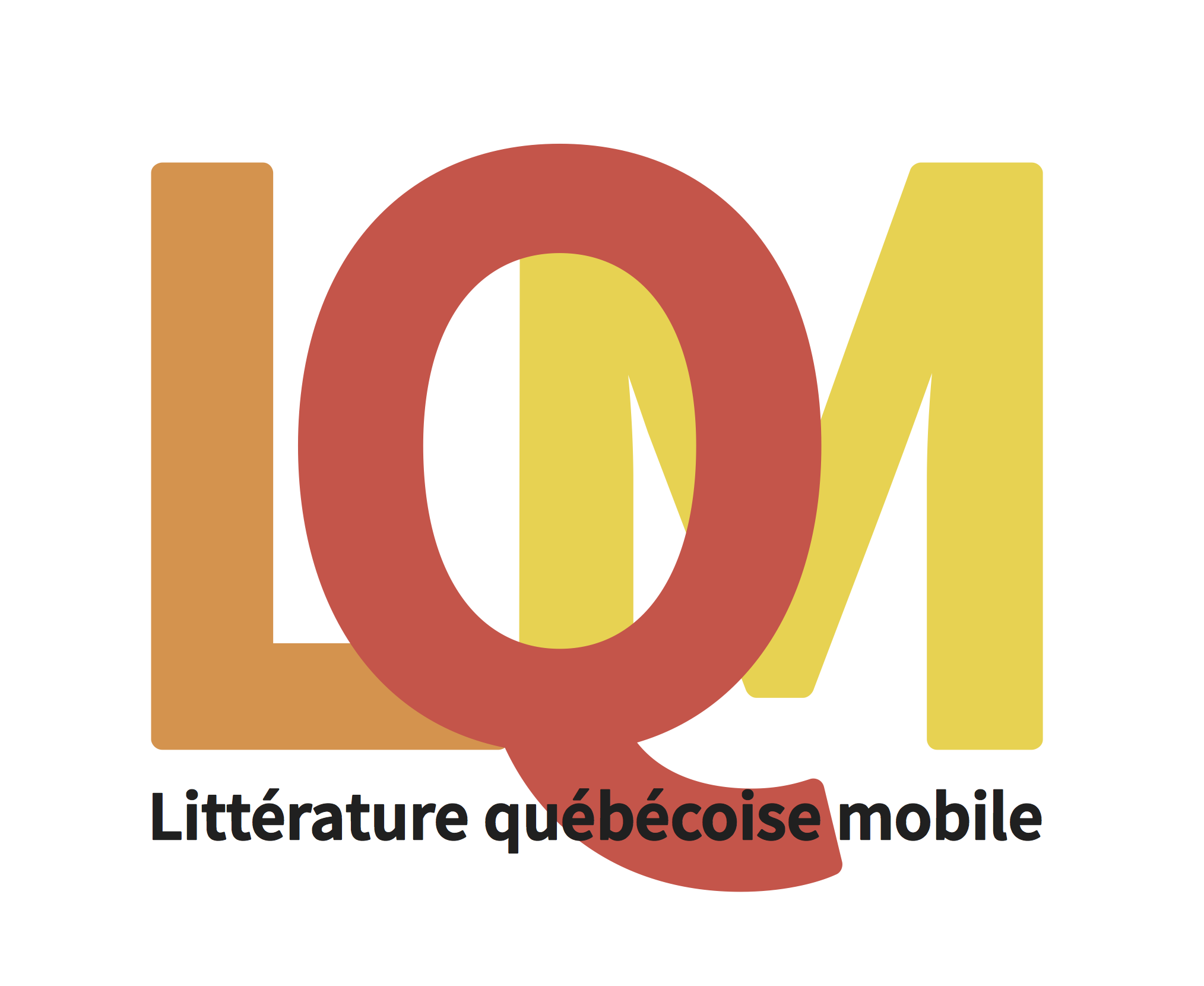In order to enable text mining of large data sets, we have signed agreements with several major digital heritage institutions in Canada. Thousands of documents are thus available to researchers, from the collections of BAnQ, BAC/LAC, and the Québec National Assembly Library.
Services around textual data collections are offered through the Coalition Publica partnership.



